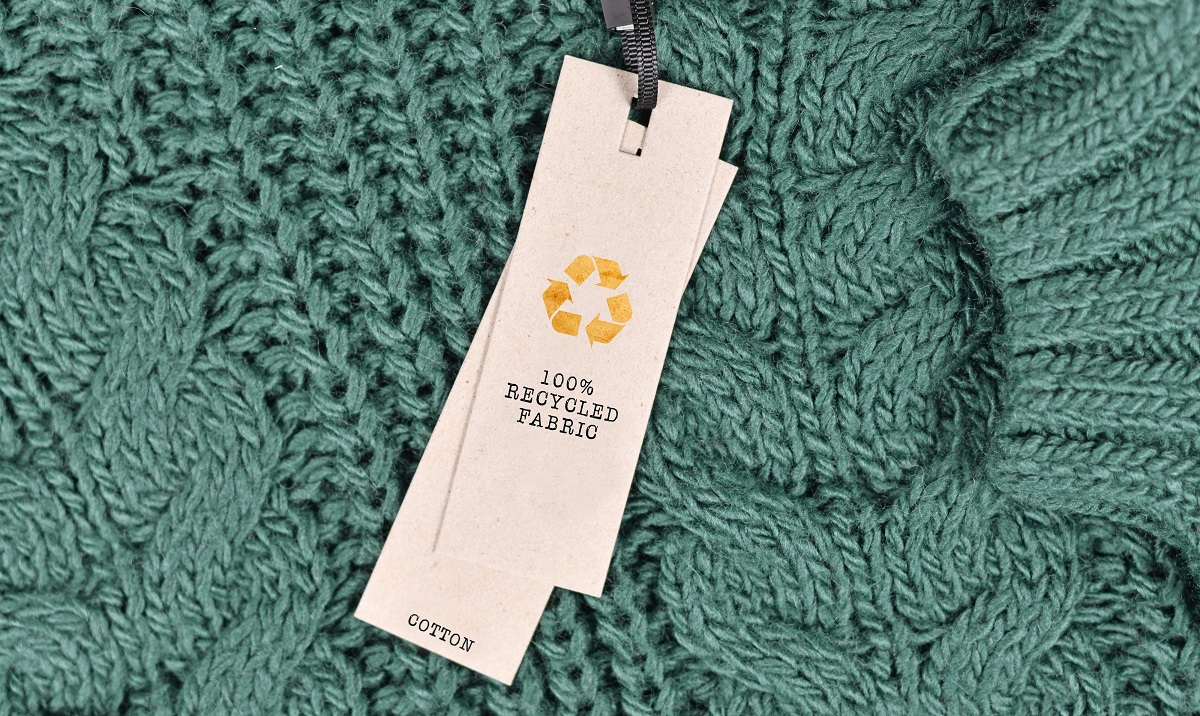Environmental claims will be getting a closer look from European Union regulators after several recent developments with proposals aiming to protect consumers rights, promote environmentally friendly decisions, and create a circular economy. So far in 2024, progress has been made with proposed amendments to the unfair commercial practices directive (UCPD) and the consumer rights directive (CRD), as well as the proposed Substantiating Green Claims Directive.
Details of the Substantiating Green Claims Directive
The proposed Green Claims Directive was first introduced by the European Commission in March 2023. A year later, in March 2024, the European Parliament adopted its position on the proposed directive and the new Parliament will pick it back up following June elections.
While the directive is aimed at making it easier for consumers to identify and choose environmentally friendly products, it will require manufacturers and suppliers to take additional steps to substantiate environmental claims they want to make about their products. The directive will cover all voluntary environmental claims made by companies, unless they are covered by existing EU rules (e.g., the EU Ecolabel or the organic food logo). The proposal also outlines the explicit claims that it will cover.
There are several key measures in the proposed directive to achieve the goal of making green claims “reliable, comparable and verifiable across the EU,” including:
- Clear criteria for how companies should prove their environmental claims and labels;
- Requirements that these claims and labels be checked by an independent and accredited verifier; and
- New rules on governance of environmental labelling schemes to ensure they are solid, transparent, and reliable.
Member states will assign competent authorities to enforce the directive, launch investigations into companies’ environmental claims, regularly check explicit environmental claims, and release to the public a report detailing the results of that check. Companies that are found in violation of the directive will have 30 days to correct their claims or stop making them altogether. The competent authorities will also have the power to impose fines and other penalties on companies not in compliance with the directive.
Updates to EU consumer rules to empower consumers for the green transition
Two years after the European Commission first proposed to update the UCPD and CRD to support the green transition, the European Council granted final approval for the directive, the final step in the decision-making process. EU Member States will now have 24 months to incorporate the updates into their national law.
The amendments to the CRD include new rules requiring companies to provide consumers with information about a products’ durability and reparability before purchase and to do so in a clear and comprehensible manner. The amendments to the UCPD expand the list of unfair commercial practices to include failing to inform consumers about features that would limit the product’s durability and making generic, vague environmental claims, among several others.
Looking forward
These two directives are intended to work in tandem to help the EU achieve its greenwashing ban and protect consumers. After a 2020 study by the Commission found that more than half (53.3%) of environmental claims in the EU were vague, misleading, or unfounded, it is no surprise that authorities would move quickly to target greenwashing.
The European Commission isn’t the first governmental body to target greenwashing. In the United Kingdom, the Advertising Standards Authority (ASA) has already found several food and beverage companies guilty of greenwashing, with one analysis finding that the number of ads banned for “greenwashing” tripled in just one year.
This heightened scrutiny from regulators, consumers, and other groups suggests that companies should re-evaluate or even rethink their environmental claims. When regulators determine that a company’s environmental claims are misleading, financial loss ensues, including stoppage of all ads containing the claim, potentially removing the product from the market to address any labelling issues, and even facing fines from competent authorities.
But beyond that, in a market where consumers take a company’s commitment to the environment seriously, there exists the possibility of litigation and substantial costs to a brand’s reputation.
Companies who have made or plan to make environmental claims about their products should assess whether those claims will hold up under the scrutiny of regulators and consumers. Even if your company feels confident in its environmental claims, it’s important to engage third party support – such as industry-specific lawyers, brand protection experts, or recall insurance firms – to ensure you are prepared to communicate with regulators and consumers about the facts behind your promise.
Trusted by the world’s leading brands, Sedgwick brand protection has managed more than 7,000 of the most time-critical and sensitive product recalls in 100+ countries and 50+ languages, over 25 years. To find out more about our product recall and remediation solutions, visit our website here.
Tags: Brand protection, brand recall, Consumer, consumer products, consumer recall, environment, environmental, Environmental impact, Europe, European Union, Preserving brands, recall, regulations, sustainability, sustainable

